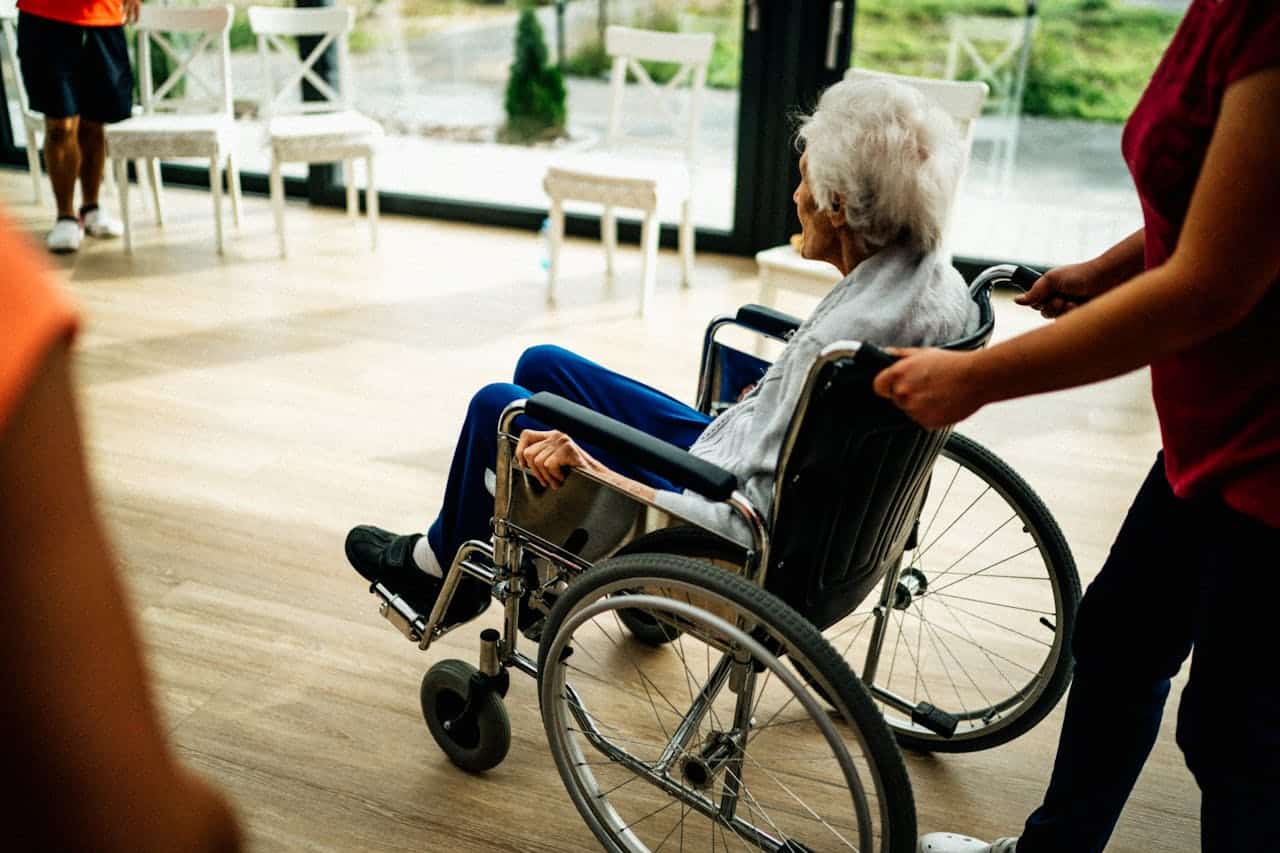Recent Posts
March 21, 2025 Pace Migration News

Table of Contents
Australia’s aged care and disability support sectors urgently need skilled workers, so the government has responded by creating Labour Agreement Sponsorships to make it easier for businesses to hire overseas talent.
Suppose you’re an international worker with experience in aged care or disability support or an employer struggling to find qualified staff locally. In that case, these company-specific labour agreements might be the solution.
This guide will explain Labour Agreement Sponsorships, how they work in these industries, and what they mean for visa applicants.
A Labour Agreement Sponsorship in Australia is a formal agreement between an employer and the Australian Government that allows businesses to sponsor overseas workers for skilled roles when they cannot find suitable Australian workers.
For the aged care and disability support sectors, employers can access these agreements to sponsor skilled workers under the Temporary Skill Shortage (TSS) visa (Subclass 482). This sponsorship option benefits employers facing workforce shortages because of a high demand for qualified carers.
Both employers and prospective workers must meet eligibility criteria to qualify under an aged care labour agreement sponsorship.
Workers must have:
Employers are required to:
Given the skills shortage in aged care, the Skills in Demand 482 Visa offers a pathway for overseas workers to fill critical roles as well.
Several key steps are involved in the aged care industry labour agreement sponsorship process. Each step ensures that both employers and overseas workers meet the specific requirements set by the Australian government.
Employers seeking to sponsor overseas workers must first establish a Labour Agreement with the Department of Home Affairs. This involves:
Once the Labour Agreement is established, the employer can nominate an overseas worker for a visa under the agreement. Key considerations include:
For the aged care and disability support sectors, employers can access these agreements to sponsor skilled workers under the Temporary Skill Shortage (TSS) visa (Subclass 482).
After the employer’s nomination is approved, the overseas worker must apply for the appropriate visa. The application should include:
The Department of Home Affairs will assess the visa application. Processing times can vary, but once approved, the worker is authorised to start their employment in Australia.
Workers under the Aged Care Industry Labour Agreement can apply for permanent residence under the Employer Nomination Scheme (subclass 186) visa after two years of full-time work in Australia in a nominated occupation or a closely related one.
Given the rising demand for aged care and disability support workers, Labour Agreements help businesses stay fully staffed and maintain high-quality care services. For employers in the aged care and disability support sectors, company-specific labour agreements can:
For international workers who want to build a long-term career in Australia’s aged care or disability support sectors, securing a role with a Labour Agreement sponsor is one of the best migration pathways available.
Labour agreement sponsorships:
If you need assistance with your work visa, look into our Australian work visa services.
Labour Agreements are a solution to workforce shortages in aged care and disability support. Whether you’re an international worker or an employer, this pathway offers exciting opportunities for skilled migration and long-term career growth in Australia.
Pace Migration is here to help. Explore our migration services or contact us for expert advice on your visa options.
Unlike the standard skilled occupation lists used for general employer-sponsored visas, the Labour Agreement Occupation List includes roles that address specific industry shortages and may offer more flexible eligibility criteria.
For the Aged Care and Disability Support sectors, the Labour Agreement Occupation List typically includes:
Labour Agreement processing times vary but typically take 4-6 months, depending on the complexity of the agreement and visa application.
Many aged care providers and NDIS-registered disability support employers have Labour Agreements in place. The full list is not publicly available, but businesses can apply for their own Company-specific Labour Agreement.
To learn more about migration, visit our Migration FAQs.

Syed Rahman
Mr. Rahman is a knowledgeable professional with expertise in academia, corporate management, and migration law. He holds a Post Graduate Certificate in Australian Migration Law from ANU, an MBA in International Business from UTS, and a BBA from Baruch College. With 5 years of corporate management experience, 4 years of teaching experience in Australia, and over 15 years as a registered Migration Agent, Mr. Rahman has a strong background in helping international students and skilled migrants with Australian migration law.
Tags: migration agent in sydney, migration agent Sydney Australia, Sydney Migration International
No Comments »
Book an Appointment or Quick Enquiry